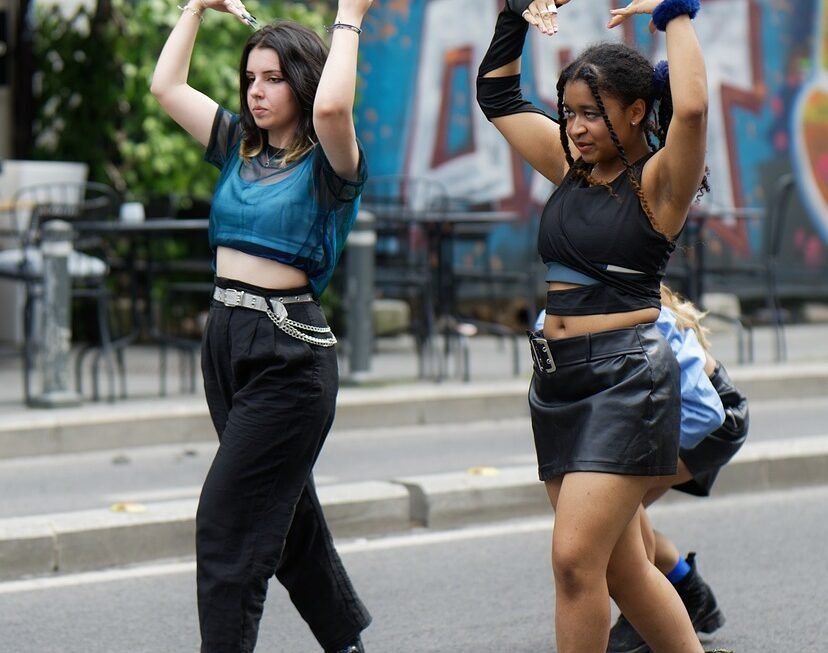In today’s fast-paced, interconnected globalized world, indigenous cultures are at risk of being erased and lost forever. The forces of globalization, with their emphasis on uniformity and homogenization, pose a serious threat to the rich diversity of traditional indigenous cultures that have been passed down through generations.
Preserving indigenous cultures is crucial not only for the cultural heritage and identity of indigenous peoples themselves, but also for the global community as a whole. Indigenous cultures offer unique perspectives on the world, grounded in deep connections to the land, traditions, and community. These perspectives can enrich our understanding of the world and offer valuable insights into sustainable living practices, spiritual beliefs, and ways of being that are in harmony with the natural world.
One of the key challenges to preserving indigenous cultures in a globalized world is the rapid encroachment of Western values, lifestyles, and economic systems on indigenous communities. As indigenous peoples are increasingly exposed to Western media, technology, consumerism, and education, there is a risk that traditional knowledge, languages, and customs will be lost or marginalized in favor of more dominant cultures.
In order to address this threat, it is essential to support and empower indigenous communities in preserving and revitalizing their cultures. This can be done through a variety of means, including:
1. Education: Supporting indigenous-led educational initiatives that prioritize traditional knowledge, languages, and cultural practices.
2. Cultural preservation programs: Funding and supporting projects that document, record, and preserve indigenous languages, oral histories, music, dance, and crafts.
3. Land rights: Upholding the land rights of indigenous peoples, which are closely tied to their cultural identity and traditional practices.
4. Cultural exchange: Facilitating respectful and reciprocal cultural exchanges between indigenous communities and the broader global community, in order to share knowledge, traditions, and perspectives.
5. Advocacy: Standing up for the rights of indigenous peoples and raising awareness about the importance of preserving their cultures.
Ultimately, the preservation of indigenous cultures in a globalized world requires a concerted effort from governments, non-governmental organizations, academics, activists, and individuals alike. By recognizing and valuing the unique contributions of indigenous cultures, we can work together to ensure that the world’s cultural tapestry remains diverse, vibrant, and resilient for generations to come.




